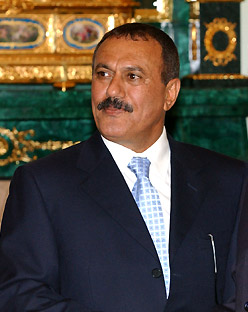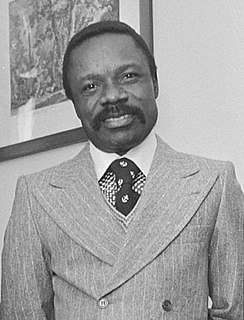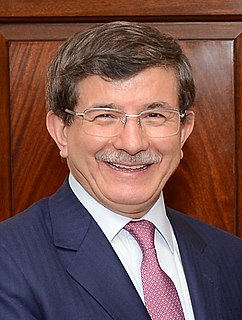A Quote by J. William Fulbright
Law is the essential foundation of stability and order both within societies and in international relations.
Related Quotes
The idea of self-determination was gradually given credibility by international law, and it lent strong emancipatory support to movements of liberation struggling against a West-centric world order. Latin American countries used international law creatively, both to limit the protection of foreign investment by establishing the primacy of national sovereignty in relation to natural resources, and by building support for the norm on non-intervention in internal affairs.
Leadership from the Oval Office - and sustained, effective use of the bully pulpit - is essential to getting the American people off their too-pampered butts and into meeting successfully the long-haul challenges of fixing major problems in the very fabric of our republic's life, both domestically and in our international relations.
From Iraq to Guantanamo Bay, international standards and the framework of international law are being given less when they should be given more importance. I am pleased that the courts in the United States are beginning to review what has happened to those detained in Guantanamo Bay. Similarly in Iraq we need to bring our strategies back within the framework of international norms and law.
Good, healthy democratic societies are built on three pillars: there's peace and stability, economic development, and respect for rule of law and human rights. But often, we take stability - peace in terms of security and economic activity - to mean a country is doing well. We forget the third and important pillar of rule of law and respect for human rights, because no country can long remain prosperous without that third pillar.
































